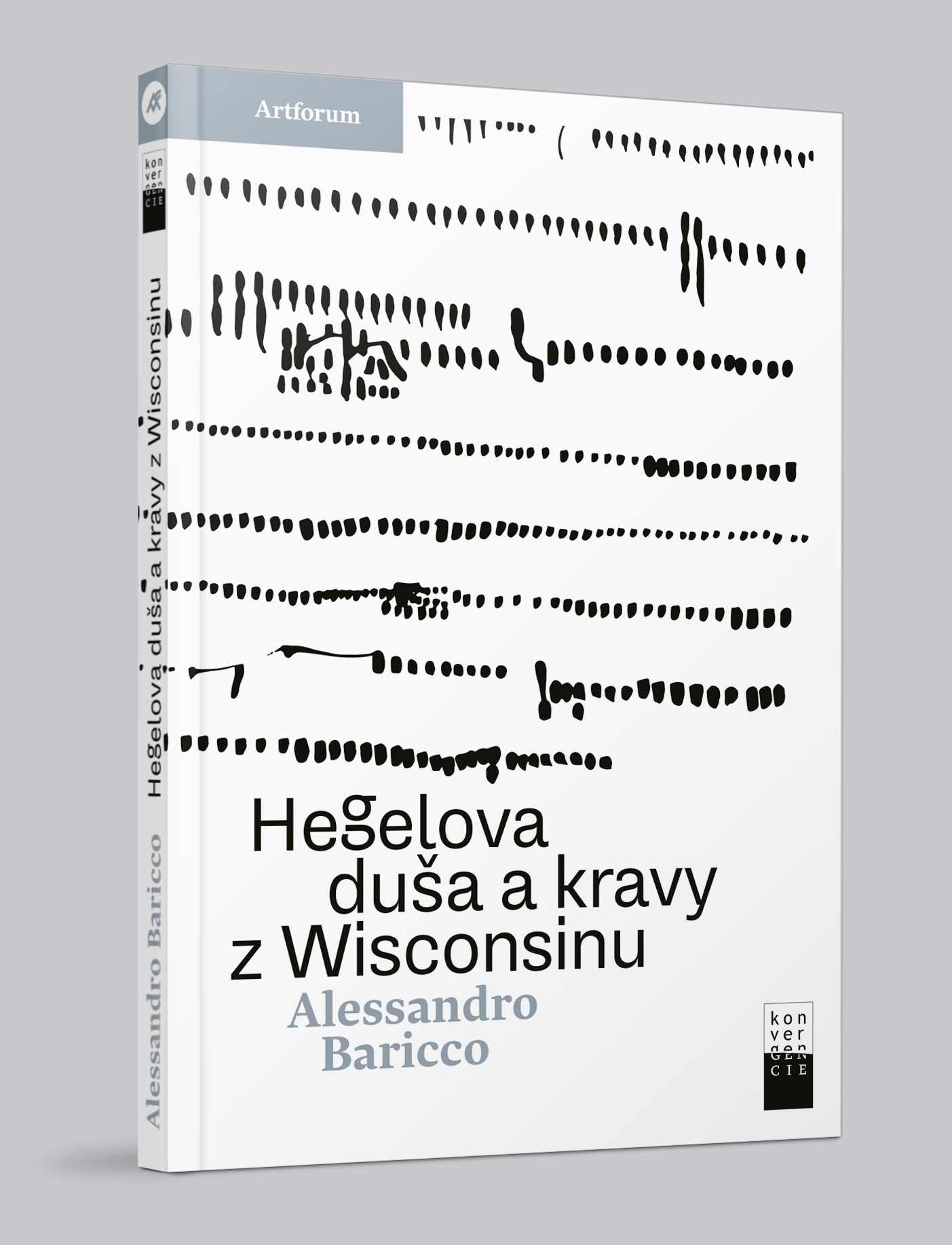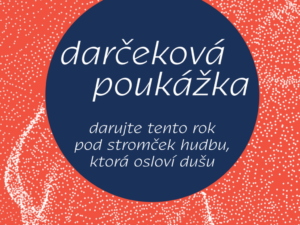Description
More about the title
Alessandro Baricco started as a music critic at La Stampa and La Repubblica. His reflections on music and musicians have appeared in his books Genius on the Run (on Rossini, 1988) and Hegel’s Soul and the Cows of Wisconsin (1992). In a quartet of philosophical-aesthetic essays, he explores the relationships between music and modernity, interpretation, reception, and perception, and reflects on the value of music for society. In this context, he introduces the term musica colta (‘noble music’). He understands it as music that is not a museum piece, a pastime or a consumer good, but enters into a dialogue with the present. This is done through interpretation, which must be trauma, shock and enlightenment at the same time. Baricco’s polemic with the conservative ideological assumptions of the so-called New Music was also topical in the early 1990s.
About the author
Italian writer, essayist, playwright and screenwriter Alessandro Baricco (b. 1958, Turin) studied philosophy, musicology and piano. His debut, Castles of Rage (1991), won prizes at home and abroad. His next work, The Ocean of the Sea (1993), became his first bestseller. The international success of Silk (1996) has made Baricco, whose poetics and storytelling skills have been praised by readers and critics around the world, one of the most widely read and translated authors today. Some of his works have been adapted into films. For example, Silk (2007, directed by F. Girard) or the theatrical monologue One Thousand Nine Hundred, the literary model for Tornatore’s The Legend of the Pianist (1998). In Baricco’s texts one can find overlaps between music and language as well as musical motifs that form part of the plot. Already in the novel’s first novel, The Castles of Wrath, the reader encounters a strange instrument made of human voices, the humaphone. Marina Spunta writes in Voicing the Word that the attempt to reproduce the “music of the voice” is an important part of Baricco’s writing style. Much of his work is available in Slovak translations.
Translation: Stanislav Vallo
Number of pages: 80 pages
Binding: paperback
Publisher: Artforum and Konvergencie, 2022
EAN: 9788081503726



